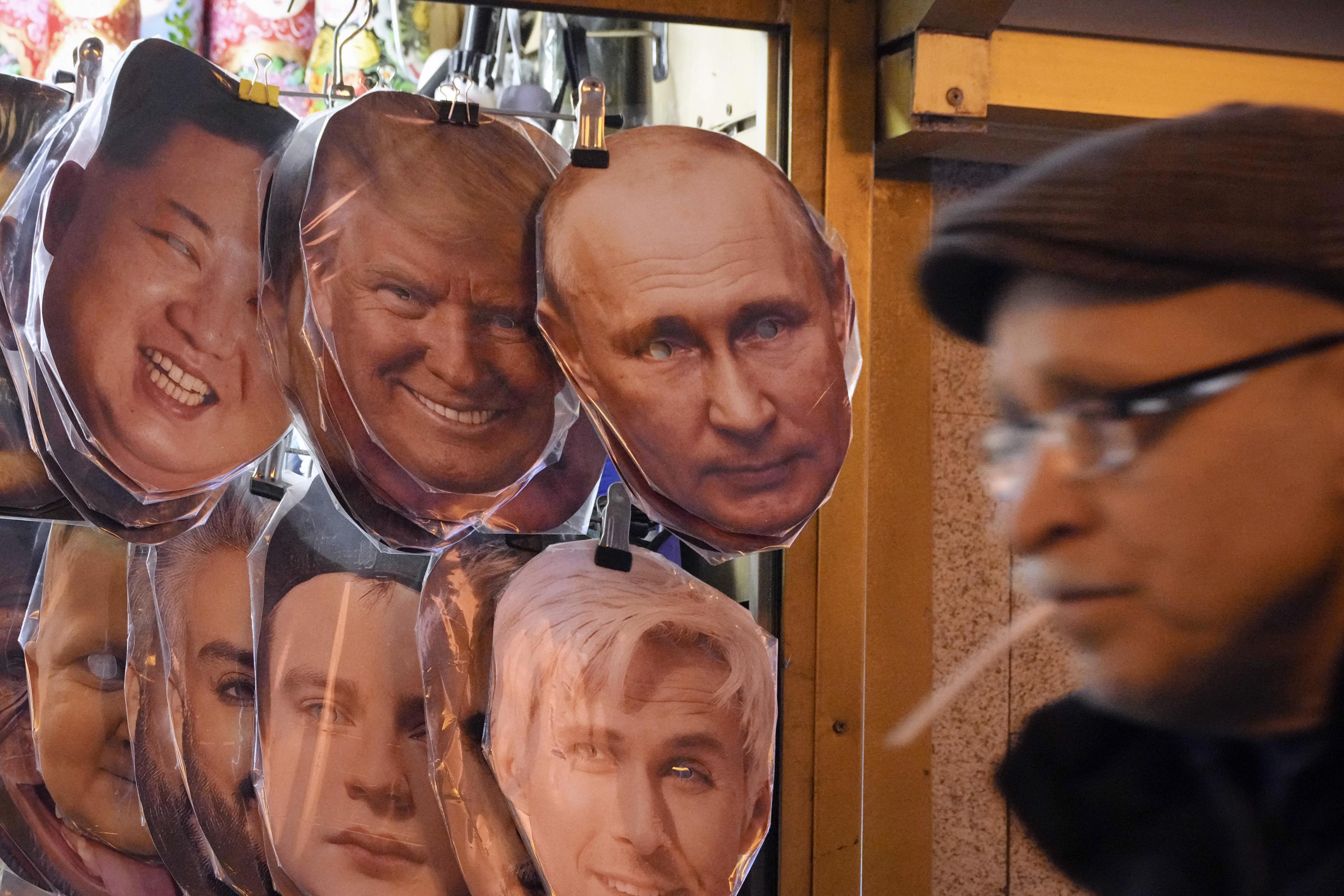North Korean state media took 48 hours to inform the North Korean people that Donald Trump had been inaugurated as President of the United States on Monday. However, the news is that Kim Jong-un's regime's press reported the arrival of the new White House resident much earlier than usual: in 2016, it took 10 days to announce Trump's first inauguration. In 2020, it took up to two months to report that Joe Biden had won the elections.
Pyongyang, with the help of a great censorship barrier that isolates its cyberspace, controls the flow of external information entering the country. Regarding Trump's return, the main newspaper of the ruling Workers' Party, the Rodong Sinmun, on Wednesday morning, simply published a brief statement saying that the Republican had been elected President of the United States in the November elections and that an inauguration ceremony was held on Monday in Washington.
There was no mention of the words Trump has dedicated to North Korea, which have not been well received by Asian allies such as South Korea and Japan. The U.S. leader referred to Pyongyang as a "nuclear power," a term that Washington had previously refrained from using as it was seen as acknowledging the regime's growing nuclear program.
Trump's second mention of Korea, in line with his usual surrealistic comments, was to assure that Kim Jong-un would be "happy" to see him back in the White House. "We were very good friends. He liked me and I liked him. We get along very well," Trump said on Monday while signing a series of executive orders.
These words have raised expectations for the revival of direct diplomacy between Washington and Pyongyang that has been dormant during the Biden Administration.
During the Republican's first term, these relations, which included up to three in-person meetings between Trump and Kim, were among the most volatile and surprising in U.S. foreign policy. Trump constantly shifted between confrontation and an almost comical approach, if it weren't for the fact that he was dealing with a country that, in September 2017, conducted its latest nuclear test.
In the past, Trump referred to Kim as the "rocket man" and threatened military intervention if North Korean nuclear provocations did not cease. This caused much uncertainty in the international community, especially among Asian neighbors, who were also perplexed when Kim accepted the invitation to attend the historic first summit in Singapore in 2018.
There was no progress on nuclear disarmament at that meeting. Nor at the other summits in February 2019 in Hanoi or in June 2019 in the demilitarized zone between the two Koreas, where Trump crossed the dividing line, in another historic gesture, to meet with Kim.
Despite the visible opening of new dialogue channels, negotiations were stalled from the beginning because Pyongyang demanded the lifting of international sanctions before progressing in the denuclearization process.
During Trump's first Presidency (2017-2021), North Korea conducted all kinds of ballistic missile tests, both short and long-range. It is estimated that during those years, the North Koreans conducted around 40 launches. With Biden in the White House, Kim's threat significantly increased, especially in recent years, with around 60 launches into the sea, including improved intercontinental ballistic missiles (ICBMs) capable of reaching the U.S. coast loaded with a nuclear warhead.
The North Korea that Trump will encounter now, besides being better armed and equally impoverished and isolated, maintains a strengthened security alliance with Vladimir Putin's Russia, with whom Kim signed a mutual defense treaty last year under which North Korean troops have been deployed to Russian territory to fight against the Ukrainian army.
